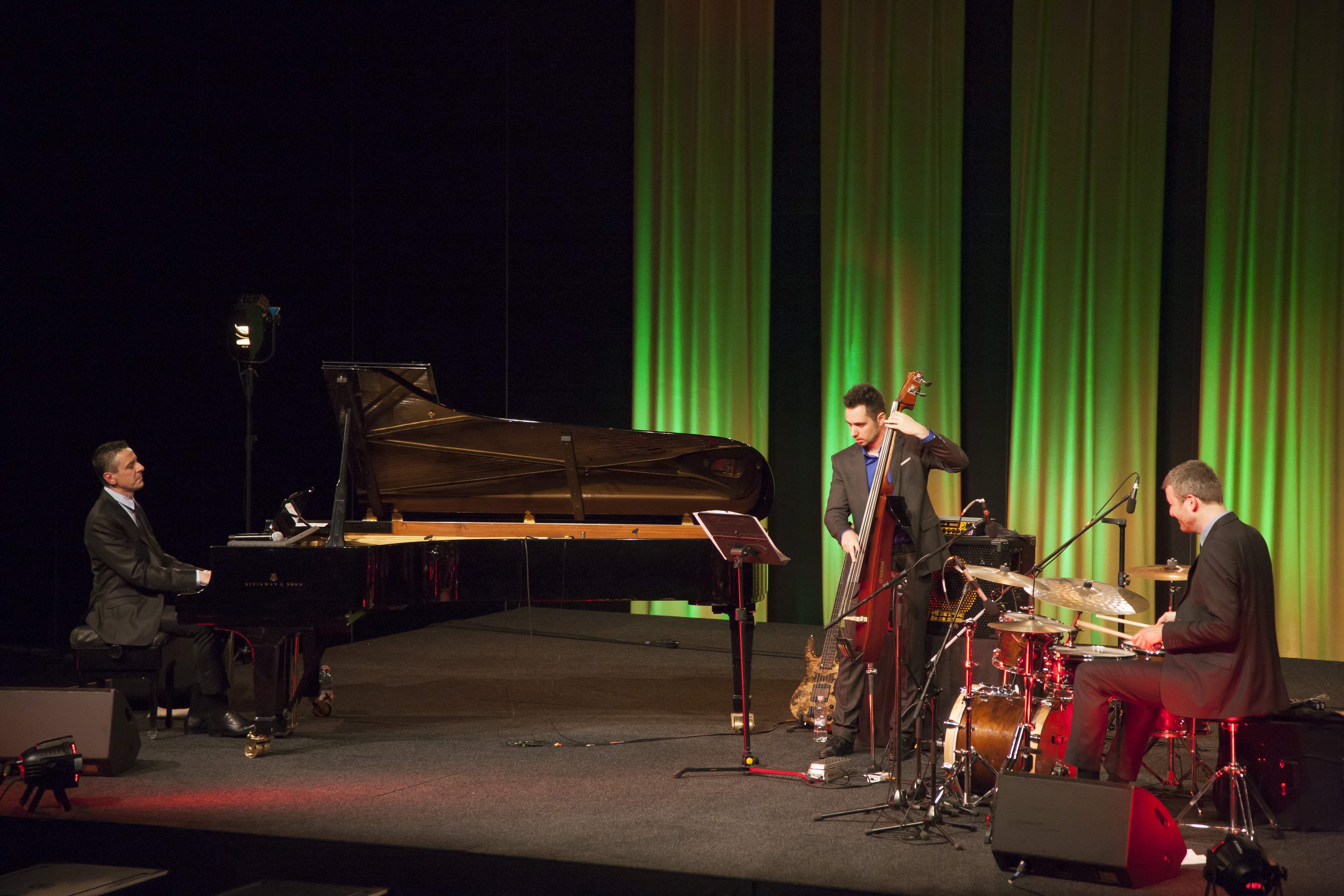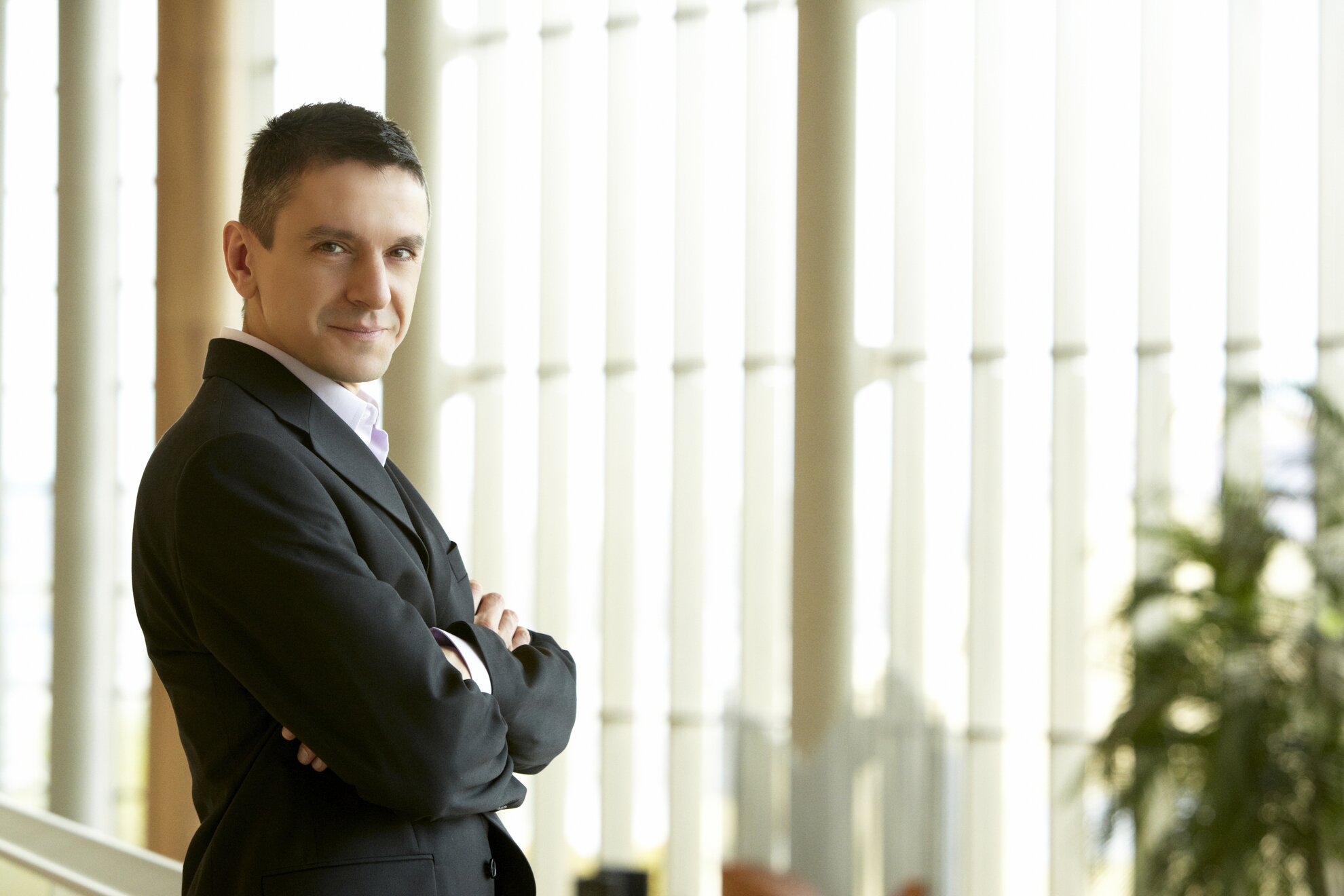
WLB: How did you get the idea of combining Bartók with jazz?
PS: There were many reasons. Most importantly, today’s jazz uses many elements from Bartók's music. Perhaps we can even say that no classical composer has had the same influence on jazz as Bartók. On the other hand, every Hungarian jazz musician must be familiar with the world of Bartók. When I was at music school, every day for singing class, we studied folk songs and folk music, and the work of Bartók and his great friend, Zoltán Kodály. Their music draws from the folk music of Hungarian and surrounding peoples. This is our music. It’s in our blood.

WLB: How easy is it to fuse these two particular musical forms? Did Bartók present different problems than Beethoven?
PS: These are completely different types of music to improvise. I have to say that Bartók is a lot easier than Beethoven. Of course, this is not only because of Beethoven, but also because of the musical era in which he lived. If we not want to sound kitsch, we cannot move too far away from his musical style. Of course, in concert we always let passion take over. Bartók was Hungarian, sharing our roots, it is easier to sense his feelings and, in any case, his music is so modern that whatever we play, nothing will be out of style.
WLB: How did you choose which particular Bartók pieces to work with?
PS: In the case of Beethoven and Bartók, the first thing was to listen to all of their works. While doing so, I took note of which in particular had the greatest impact on me, or rather which we could work on and add something extra to. Something that would make our reworking worthwhile. These are superb piece of music in themselves, so we should only tackle pieces that today’s listener might accept as more interesting.
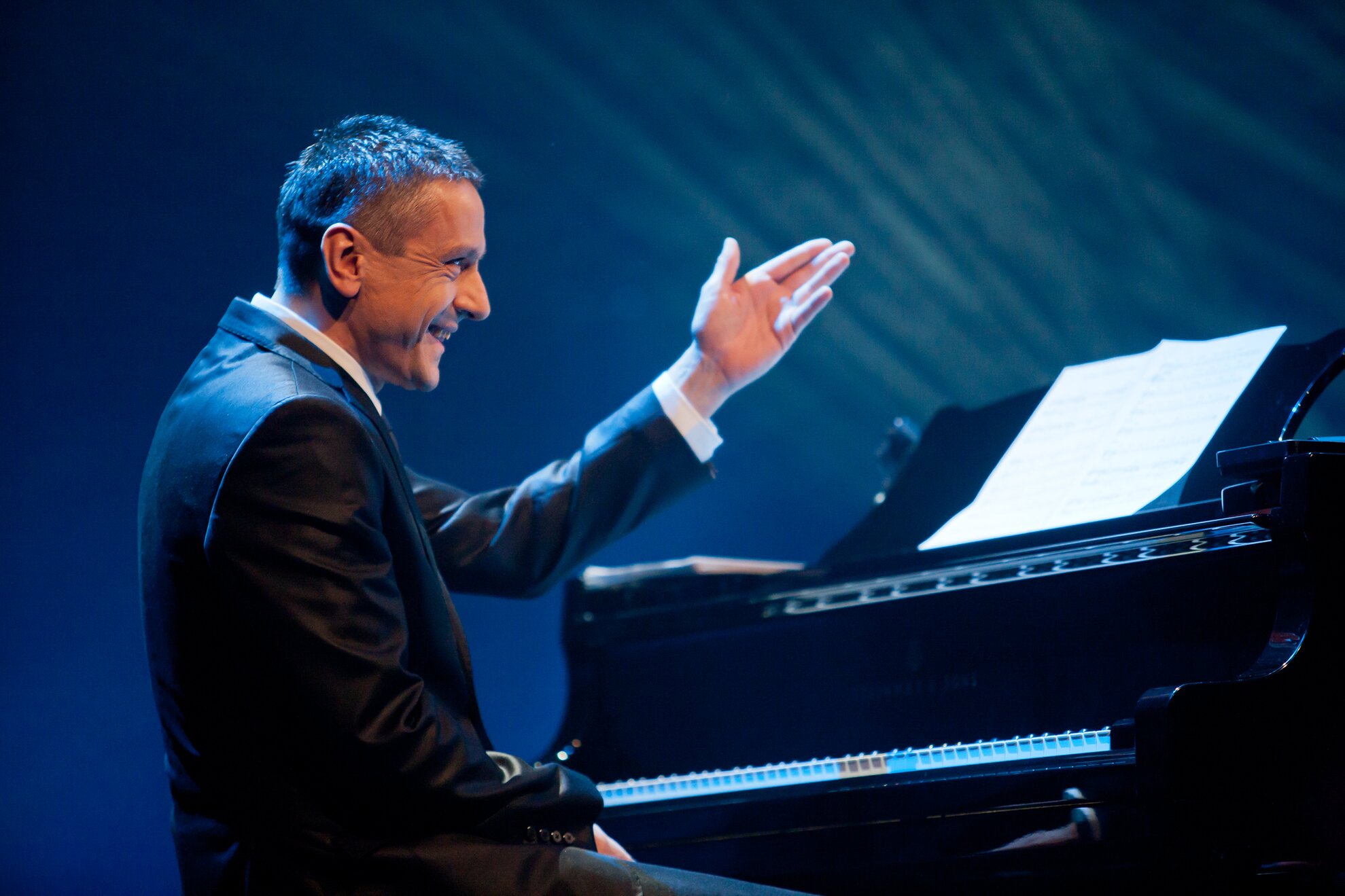
WLB: Who do you think your new album and upcoming concert will appeal to most – classical music or jazz fans?
PS: The Beethoven rework was loved by jazz fans and open-minded classical music lovers, and I think this will be the same for Bartók. It’s important not to expect us to play the pieces like classical musicians, because by nature we are jazz musicians.
But I guarantee that anyone who listens to the album or comes to our concert will not be bored, because we have managed to bring together dynamic and varied material. For us, it is very important that people enjoy themselves, that our music invigorates them, makes them laugh, cry or rejoice.
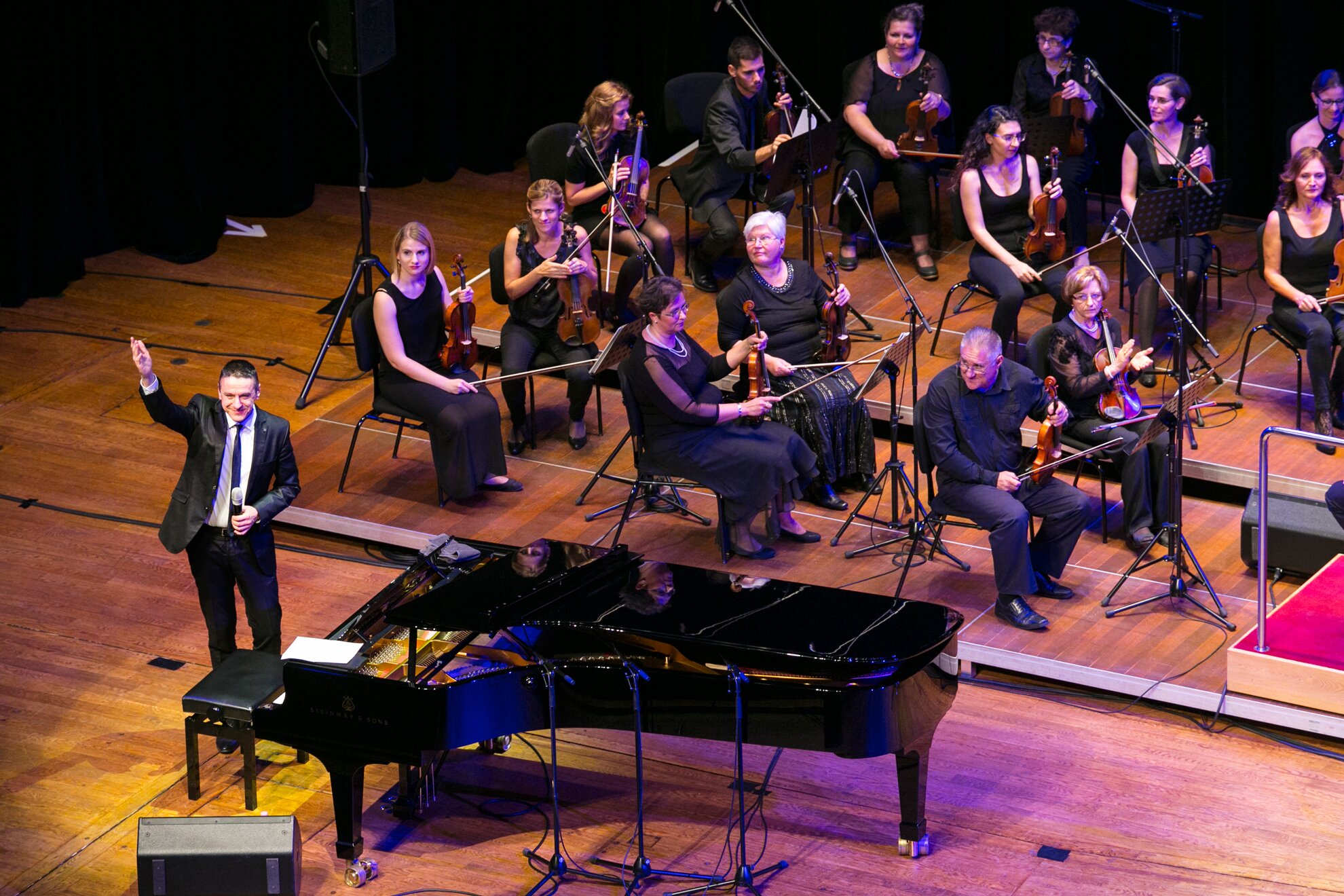
WLB: Tell us about the prestige and the pressure of playing at the Music Academy.
PS: The Music Academy is sacred. Being able to play jazz reworkings of classical music there is a huge honour and a huge responsibility. Béla Bartók was the first person to perform in this concert hall and taught at the academy, and it’s incredible to think that we will be playing his music here. It is also important to bear in mind that all tickets were sold for the concert in this 850-room hall a few days in advance.
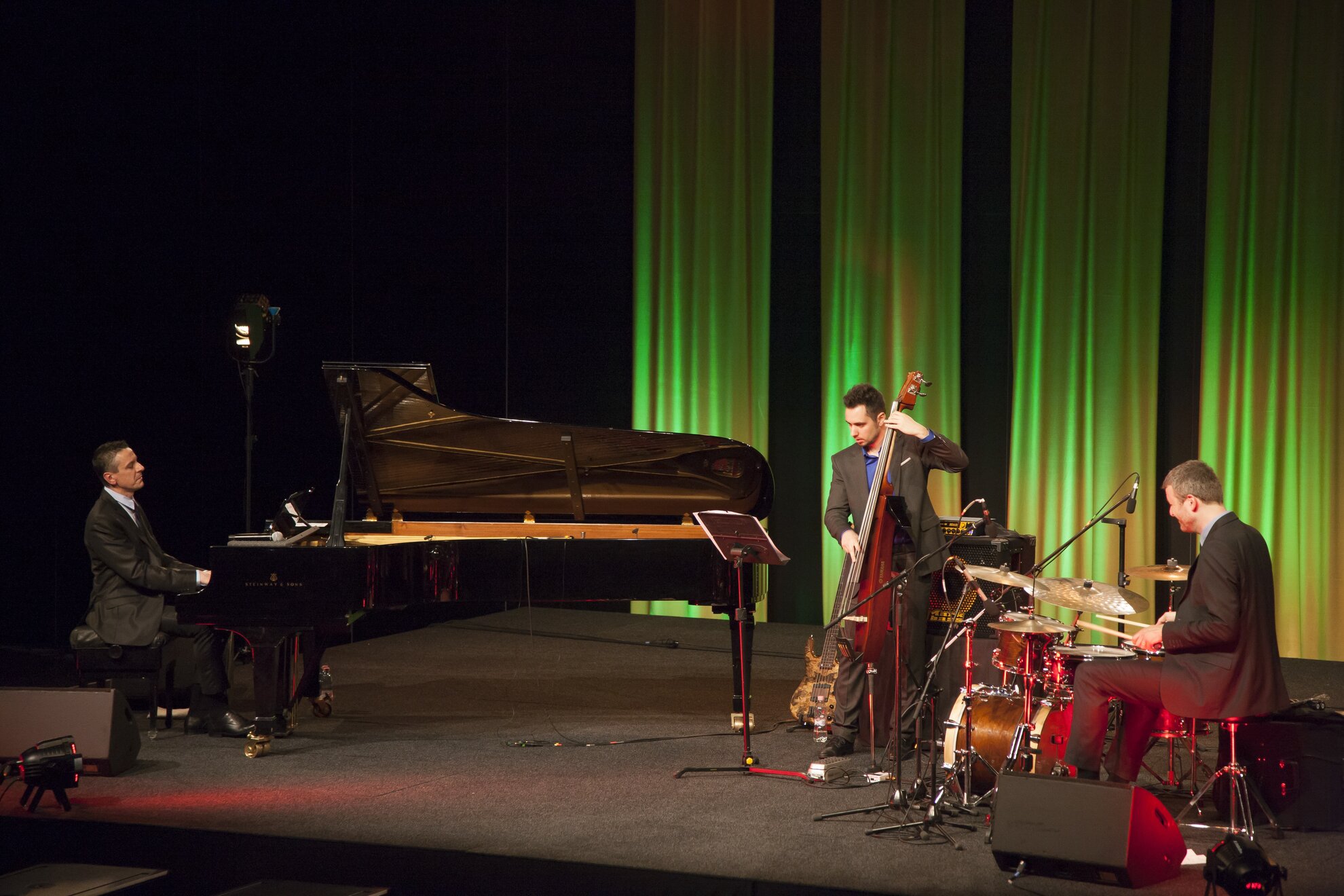
WLB: What plans do you have once this project is over?
PS: We recorded another album a month after the Bartók one, Jazzkívánságműsor (‘Jazz Request Show’). We started this series in 2010, playing songs asked for by the audience, jazz versions of pop, rock and classical favourites. So far, two CDs have been released, the first in 2014 received the Phonogram Prize, the Hungarian Grammy, for Jazz Recording of the Year, and second in 2016 was nominated for the same award.
On the new album, we play 15 Hungarian hits with renowned singer Mariann Falusi. We will be showcasing it at the MOM Cultural Centre in Budapest on December 14th.
Peter Sarik Trio x Bartók, Franz Liszt Music Academy, Friday September 21st, 7:30pm-9pm. More information here.
